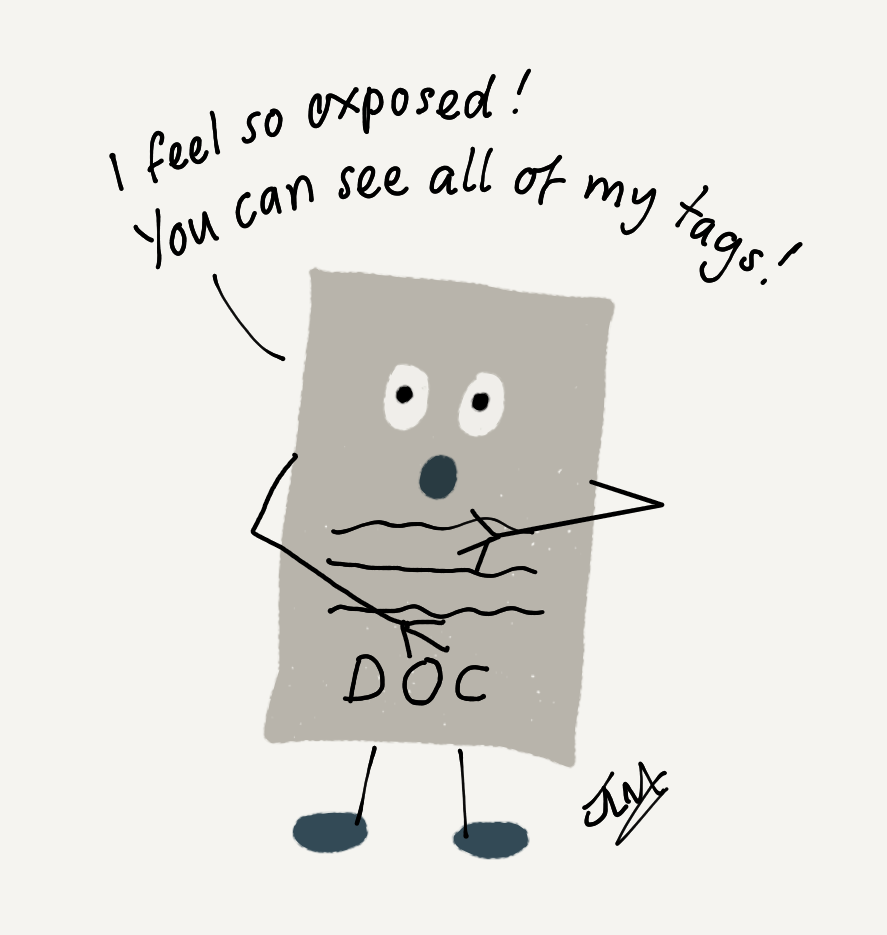Yesterday was the first meeting of DPC’s Reading Club…I’m hoping the first of many!
A group of DPC Members met over Zoom for a friendly chat to discuss a recent article by Thorsten Ries - Digital history and born-digital archives: the importance of forensic methods.
Thorsten’s article was pretty much the perfect reading material to kick off our new reading club - so much interesting content to discuss. Firstly it gave a  bit of background to digital forensics in the context of digital archives but then moved into three case studies which put the theory into context. It ended with a call to action for us as a community to carry out preservation according to digital forensics standards in order to facilitate the critical appraisal of primary sources and understand the circumstances of their creation, provenance and processing history. The article was written from the perspective of a historian and researcher who uses digital archives and has a requirement to access the content using forensic techniques. Do read it if you haven't already!
bit of background to digital forensics in the context of digital archives but then moved into three case studies which put the theory into context. It ended with a call to action for us as a community to carry out preservation according to digital forensics standards in order to facilitate the critical appraisal of primary sources and understand the circumstances of their creation, provenance and processing history. The article was written from the perspective of a historian and researcher who uses digital archives and has a requirement to access the content using forensic techniques. Do read it if you haven't already!
We had lots to talk about, including the humanity behind the digital archives, the evolution of technology, the mind-blowing nature of RSID tags in Microsoft Word (which allow you see how a piece of writing evolved and underwent revision), what it is possible to find on a (supposedly empty) USB stick, and the impact our archival processes may have on the digital record.
I’ll pull out the major themes and discussion points below:
What are we preserving anyway?
The discussion within the group did keep coming back to the issue of what we are actually trying to preserve, and this raised many questions. As digital archivists, having a clear scope for collecting is important, as is gaining and maintaining the trust of our donors and depositors. One attendee stated that we have a duty to keep and make available what the donor wants to give us and no more. There is a tension here between the needs (and privacy) of donors and the requirements of our users (a small proportion of whom might want to examine digital records forensically).
Though we might happily take in what our donors and depositors are prepared to give us, is it fair to collect (and then provide access to) information that they perhaps don’t know they are giving us? There was a strong feeling within the group that we need to know more about this topic, both so we can educate ourselves as digital archivists, but also so we can have the right conversations with donors and depositors so that they can make informed decisions relating to the information and records they are providing.
And of course this discussion point leads seamlessly into one around ethics…
What about privacy and ethics?
There were some interesting ethical aspects that came up in our discussions. It was noted that several examples within the article were to do with misbehaviour. This is perhaps not a surprise as forensic techniques were originally developed for law enforcement. But this is a challenge for archivists and may contribute to the imbalance of power between archivists and those who are represented within the archive. This topic is one that we could have a whole separate session on (and perhaps we will)! It also leads back to the points made above about the need for effective communication with donors and depositors (who may have no idea what is hidden on their hard drives).
Takeaways and what’s next?
It was an interesting discussion and there was a lot of food for thought, but is there anything we might do differently as a result?
One participant said the article and our discussion today would inform their work, particularly around the topics of web crawls and obsolescence. Another mentioned that they would consider how to better communicate with donors when they are depositing a hard drive. We at the DPC also noted that we are keen to move forward with a revision to our existing Technology Watch Report on Digital Forensics and Digital Preservation.
It was agreed that elementary training and skills in forensic techniques for the digital preservation community would be helpful. A specific point was made that it is typically larger institutions that are able to engage with digital forensics and a smaller organization may never be able to move forward with it without help.
It was agreed that we need better tools for digital forensics - and perhaps also tools that are primarily designed for our needs (rather than us having to evolve our processes around the tools that are available).
It was also thought that further conversation is needed on ethics and privacy (noting that the implications may be different depending on the part of the world you are in).
We are now planning our next reading club meet up. What shall we read next? If you know of a recent and thought provoking article on a hot digital preservation topic do let us know in the comments below…













































































































































